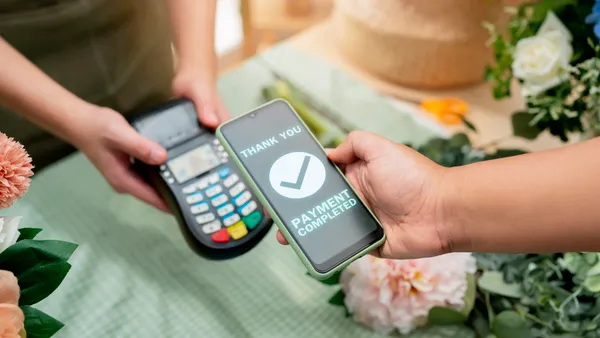Since Cupertino, California-based Apple launched its buy now, pay later product in March, it has been attracting users at a competitive rate, according to a report last week from market research firm J.D. Power.
In a consumer survey, 19% of consumers who use a BNPL tool said they have tried Apple’s short-term financing option, according to the July 20 report by JD Power Managing Director Miles Tullo. Nonetheless, PayPal still leads a pack of rivals, attracting 39% of BNPL customers and Afterpay with 33%, according to the report.
San Francisco-based Affirm came in third at 27%, a spokesperson for J.D. Power said on the phone. Tullo, also reached by phone, explained that Affirm was not mentioned in the report because the findings were not meant to be an exhaustive list of the BNPL market, but merely a snapshot of what BNPL apps customers were using, and the financial health of those customers.
Apple’s BNPL offering, called Apple Pay Later, entered a market full of rivals, also including Klarna, Sezzle and Zip.
Those rivals faced decreasing app downloads in the second quarter, even as the number of monthly active users continued to rise, according to a recent report by Bank of America Securities analysts.
In that BoA report, analysts saw global daily downloads fall 5.7% for Affirm, for the second quarter of 2023 on a year-over-year basis. It was “the first decline since we began tracking in 2018.” Affirm was absent from the JD Power report without any explanation despite it being a major U.S. BNPL player.
Apple Pay Later is available wherever Apple Pay is accepted, according to the report. That includes more than 85% of U.S. retailers. And while the digital wallet is available in about 80 countries, including six new ones this year alone, Apple Pay Later is limited to certain places in the U.S., according to the terms on the official site.
It’s been a long road to rollout for the Apple Pay Later. Bloomberg first reported on the development of the BNPL feature back in July 2021 and it was formally announced by Apple in June 2022, with an initial version of the app available this year in March.
Apple did not respond to requests for comment on the performance of Apple Pay Later.












